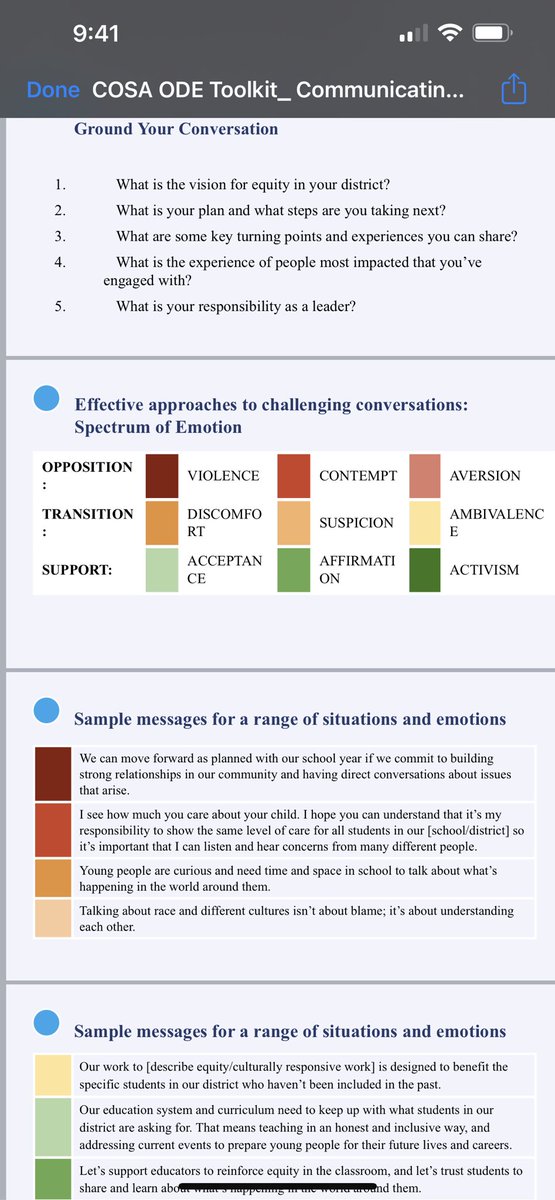
In one of my “impossible conversations” today, someone told me that in ten years they want to become more certain of their beliefs. I was struck by this as it’s a completely different paradigm from how I think about my belief life. 1 

We want to have the maximum number of true beliefs & the minimum number of false beliefs. But these are often in conflict, as we can’t believe everything (as we’d have more false beliefs) or not believe anything (as this is both impossible and we’d not have any true beliefs) 2
The goal of becoming more certain in one’s beliefs is motivated by morality. It’s tied to issues of personal identity and reinforced by community—both of which preceded the belief. The problem is that the belief cluster in which one wants to deepen one’s certainty may be false. 3
Consequently, our epistemic priority should not be to become more certain but rather to attempt to weed out false beliefs. (This is also much more efficient than to stop believing false things as opposed to believing true things.) Here’s where this thread becomes interesting. 4
In order to weed out false beliefs, it’s more important to have an *attitude* of wanting to do so than to have a skill set. If one has the skill set but desires the wrong thing—e.g., to increase one’s certainty—then one will (necessarily) lapse into having more false beliefs. 5
But in both conflicting cases—wanting to be more certain in one’s beliefs and wanting to weed out false beliefs—the necessary component to this is attitude. Not a skill set, but disposition. (Doxastic attitude.) 6
Hope that was clear. Typed this on my lunch break. Fin
• • •
Missing some Tweet in this thread? You can try to
force a refresh













